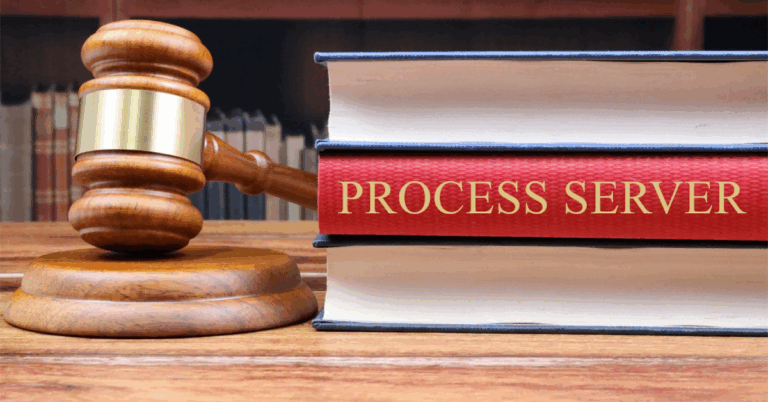The Role of a Process Server for Subpoena Delivery
A subpoena is a legal document that requires an individual to appear in court, provide testimony, or present specific documents. Process Server For Subpoena is essential to ensuring that legal proceedings continue without delays. A professional process server plays a vital role in delivering subpoenas effectively and in compliance with legal standards.
What Does a Process Server Do for Subpoenas?
A process server is responsible for ensuring that subpoenas are delivered to the correct individuals. Their primary tasks include locating the recipient, ensuring proper service, and providing proof of delivery to the court.
Why Hiring a Process Server is Crucial for Subpoenas
Utilizing a process server for serving subpoenas provides several benefits, including:
- Ensuring Legal Compliance: Process servers adhere to jurisdictional laws regarding the delivery of legal notices, reducing the risk of improper service.
- Timely and Efficient Service: Delays in serving subpoenas can affect court cases, making it essential to have a professional handle the process promptly.
- Handling Difficult Situations: Some individuals may attempt to evade being served, requiring the expertise of a process server to locate and serve them effectively.
- Providing Proof of Service: Courts require valid documentation confirming that the subpoena was properly delivered, which process servers provide through an affidavit of service.
Steps in Serving a Subpoena
1. Obtaining the Subpoena
The legal process begins when an attorney or court issues a subpoena requiring an individual’s compliance.
2. Assigning a Process Server
A professional process server is hired to ensure the subpoena is properly delivered to the intended recipient.
3. Locating the Recipient
In some cases, the recipient may be difficult to locate, requiring process servers to conduct research and use investigative methods.
4. Delivering the Subpoena
The process server personally delivers the subpoena to the recipient and ensures that service is conducted per legal requirements.
5. Submitting Proof of Service
Once the subpoena is served, the process server provides an affidavit of service, confirming the document’s proper delivery.
Challenges in Serving Subpoenas
Several challenges can arise when serving subpoenas, such as:
- Evasion by the Recipient: Some individuals avoid being served, requiring process servers to use creative and legal methods to complete the service.
- Legal Restrictions: Each jurisdiction has specific rules for serving subpoenas, making professional knowledge essential.
- Difficult Service Locations: Gated communities, secured offices, and other restricted locations can pose obstacles to subpoena delivery.
Alternative Methods for Serving Subpoenas
If traditional service methods are unsuccessful, courts may allow alternative options, including:
- Certified Mail: Some jurisdictions permit subpoenas to be sent via certified mail with receipt confirmation.
- Substituted Service: Delivering the subpoena to a responsible adult at the recipient’s residence or workplace may be an option.
- Publication Service: If the recipient cannot be located, the court may authorize service by publishing a notice in a local newspaper.
Choosing a Professional Process Server for Subpoenas
Hiring a reliable process server ensures that subpoenas are delivered in a professional and legally compliant manner. Key reasons to work with a professional include:
- Legal Knowledge: Process servers are familiar with court requirements and ensure subpoenas are properly served.
- Confidential and Secure Handling: Subpoenas contain sensitive information, requiring professional discretion.
- Verified Proof of Service: Courts require valid documentation of service, which a professional process server provides with an affidavit.
Conclusion
A process server is essential for ensuring that subpoenas are served correctly and in compliance with legal regulations. Their expertise in locating recipients, handling challenging situations, and providing proof of service helps legal cases proceed without unnecessary delays. Working with a professional process server guarantees that subpoenas are delivered efficiently, allowing legal proceedings to move forward smoothly.







